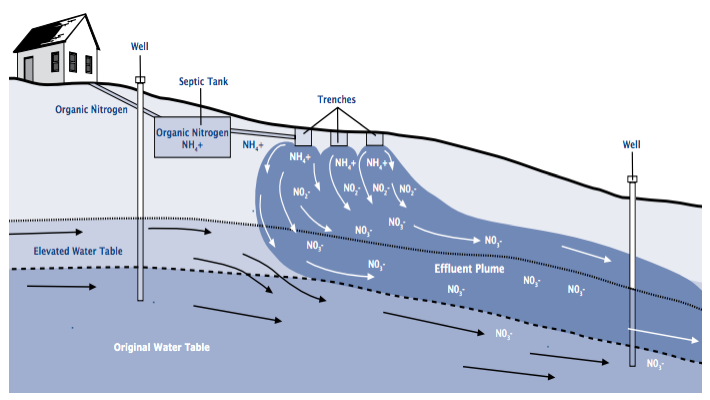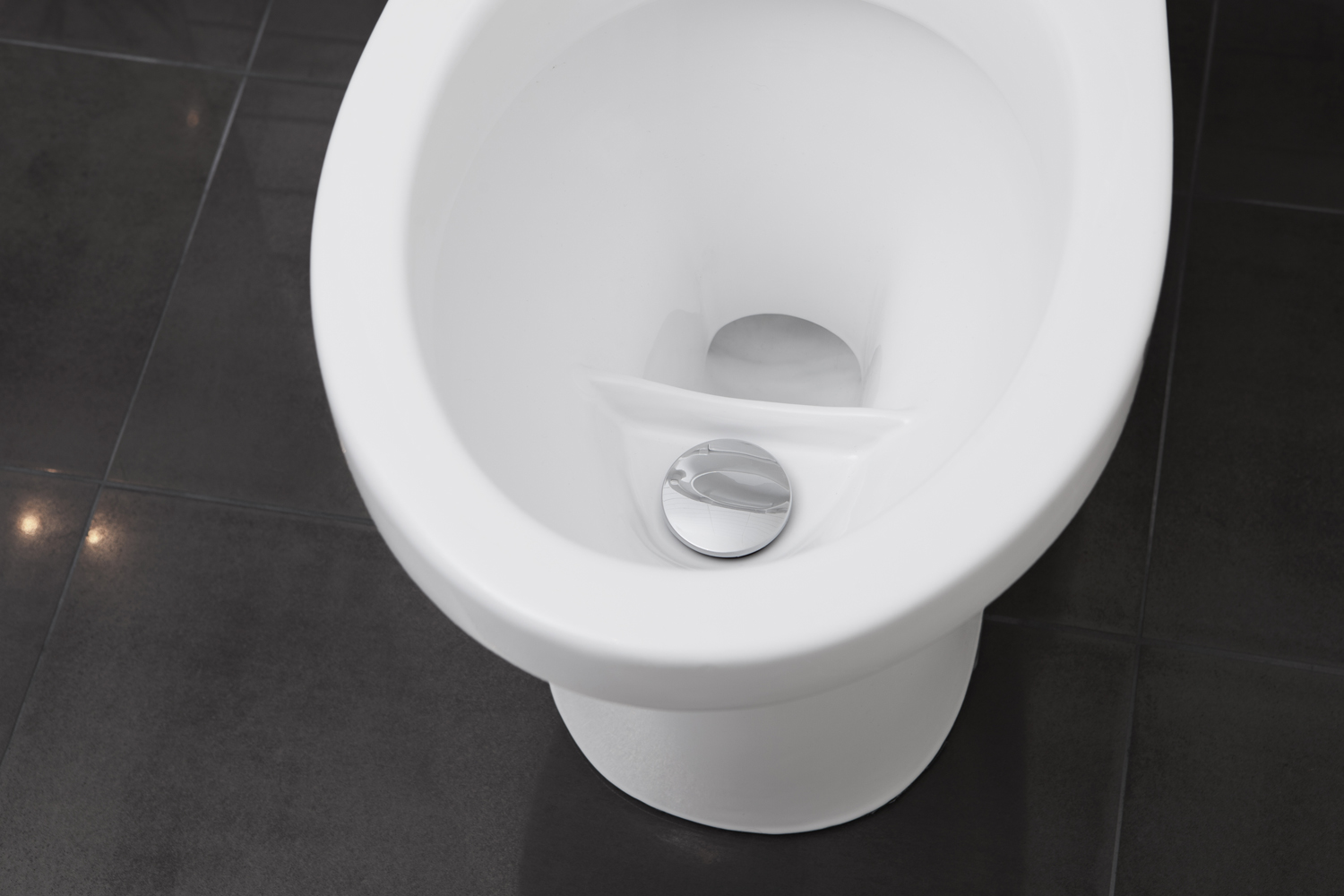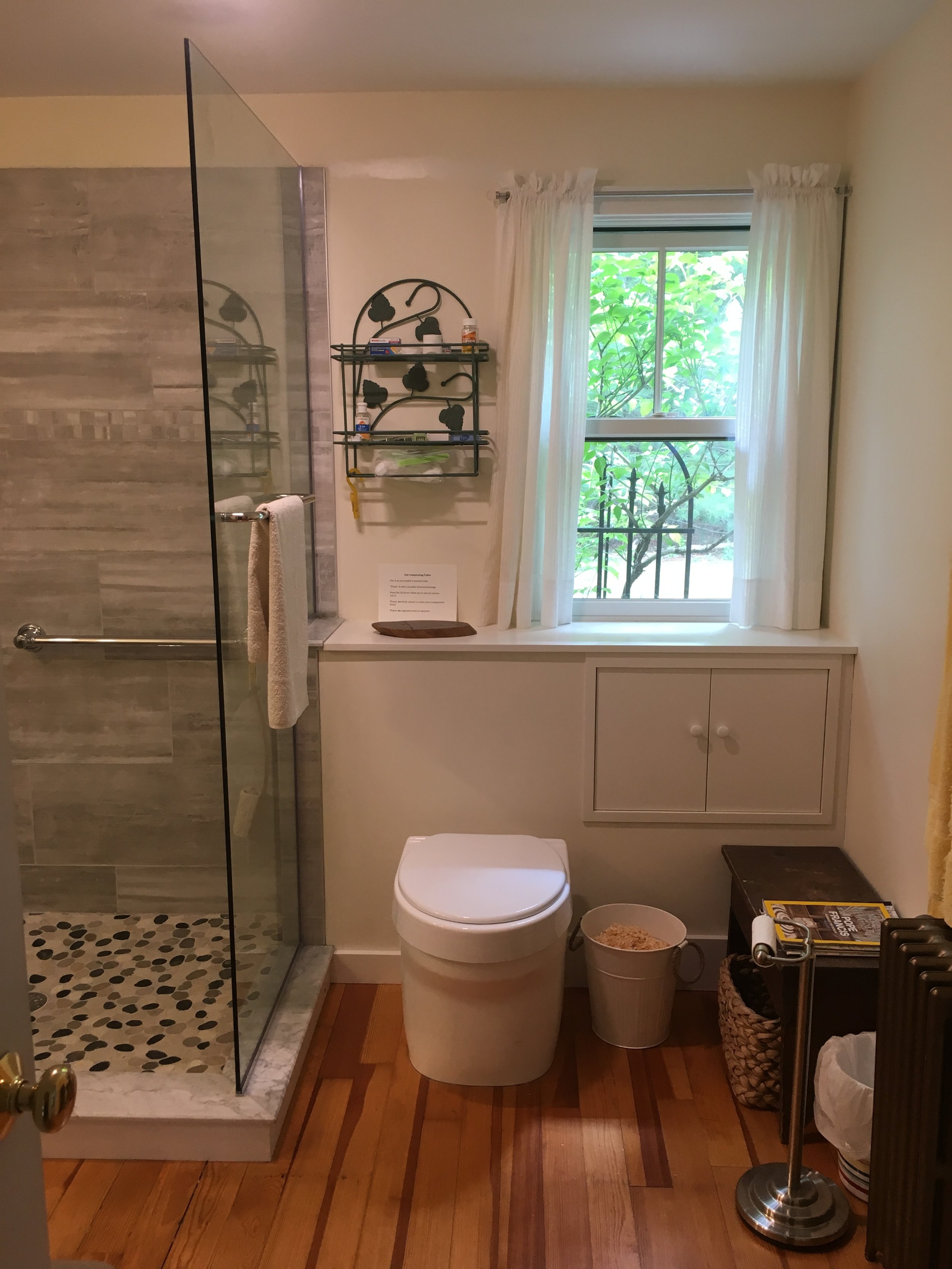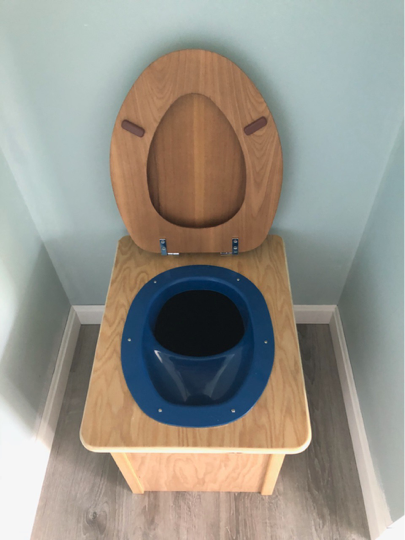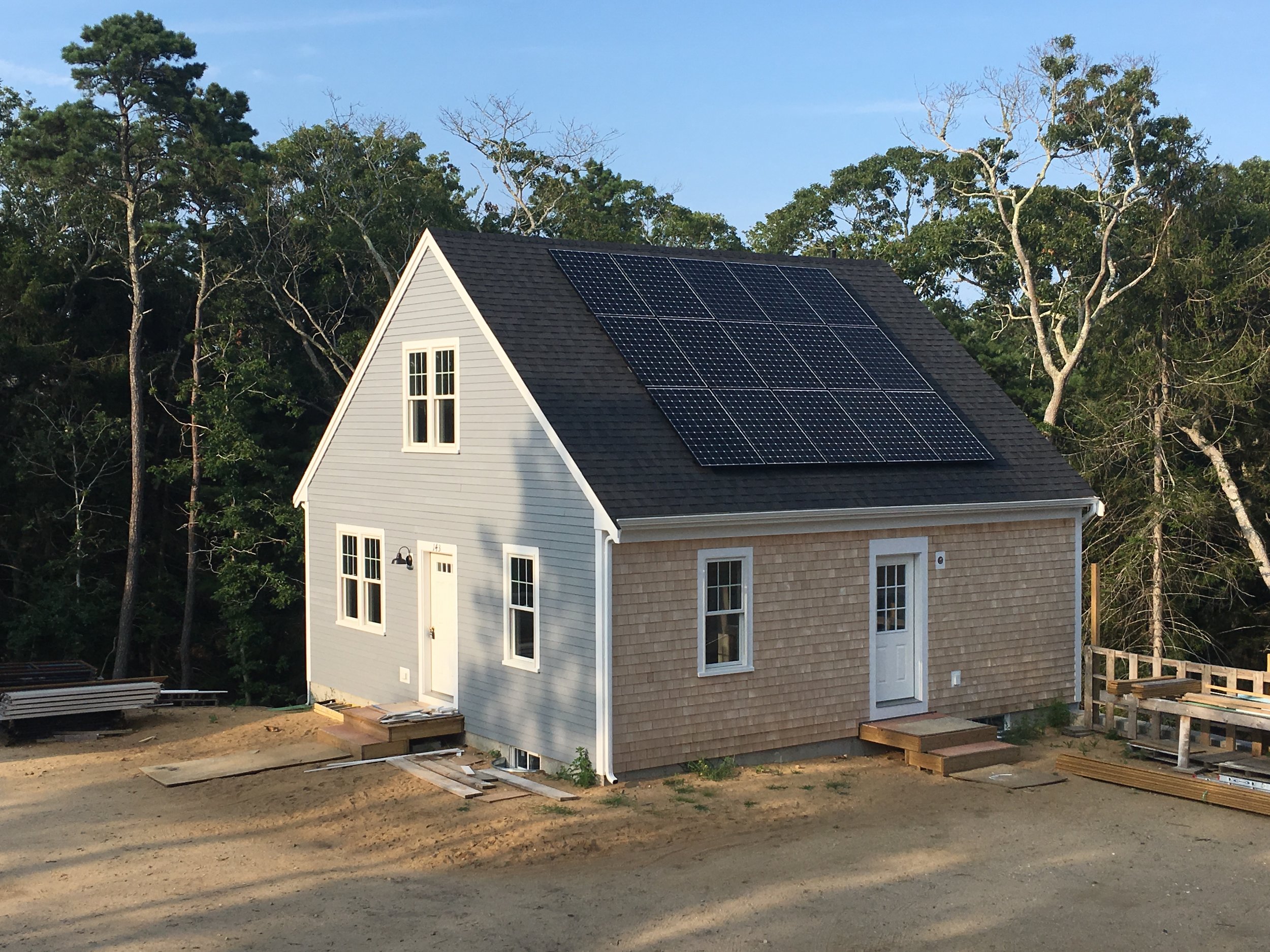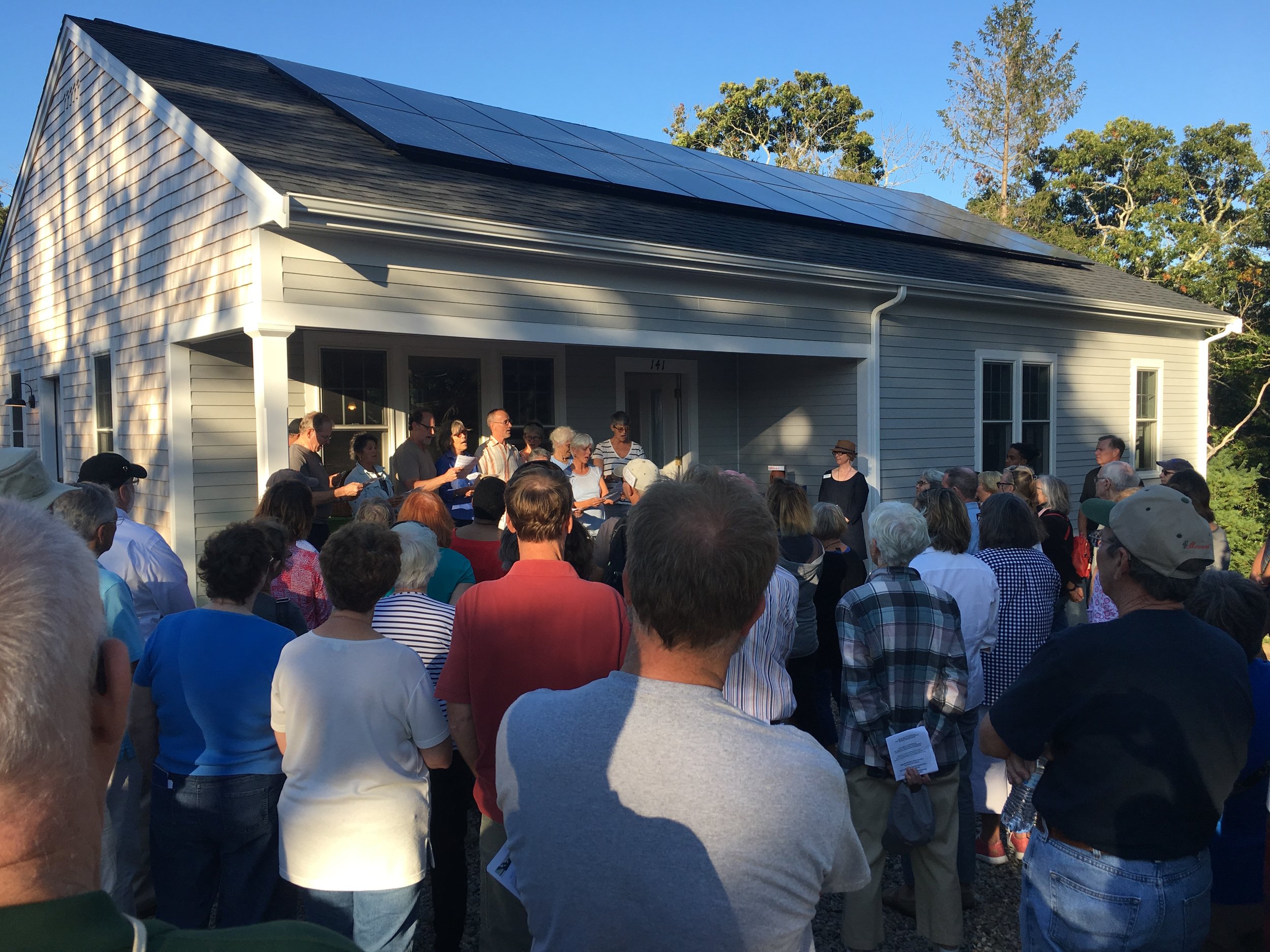News and Featured Projects
Village Sanitation Pilot Study
Windham County Vermont
The Village Sanitation Pilot Study (VSPS) is taking a new approach to addressing wastewater problems that affect small communities throughout Vermont. With grant funding from the High Meadows Fund, the VSPS is a collaboration between Windham Regional Commission, Rich Earth Institute, and Nutrient Networks. The study engages community members to help develop a feasibility study for innovative ecological sanitation systems, how they could be utilized and what benefits they may offer. The study focuses on the viability of various options for retrofitting existing or planned infrastructure with composting toilets, urine diversion systems, and greywater treatment systems. Residential, commercial, and public buildings are all eligible to participate in the two villages selected for the project: Westminster West & West Dummerston.
Villages are cultural and commercial centers of our communities, but the inherent density and small lot sizes make on-site wastewater systems challenging to install, upgrade, or expand. Ecological sanitation alternatives may offer a cost-effective approach to addressing nutrient pollution and drinking water protection issues related to on site wastewater management. This project is facilitating a deep conversation about how community centers can take an integrated approach to planning, economic development, change management, housing, sanitation, and environmental protection. The study will explore how a neighborhood scale nutrient recovery system may be implemented if individual homes were to adopt composting or urine diverting fixtures.
Nutrient Networks is conducting individual site visits with participating homes and properties. These visits offer an introduction to ecological sanitation systems, an opportunity for residents to ask questions about various systems, and to assess feasible options for potential retrofits or future construction plans.
Habitat for Humanity Affordable Housing in Truro, MA
When Habitat for Humanity of Cape Cod started designing an affordable housing project in Truro, it first appeared they would be able to fit two homes on the site. The limitation was primarily a spatial constraint of on site wastewater capacity. However, the leadership at Habitat thought outside the box, and with encouragement from the Barnstable County Department of Health, began looking at composting toilet technology. By using a dry composting toilet, Habitat was able to build an additional one-bedroom house on the lot. Greywater was tied into the septic system shared with the other houses. Nutrient Networks provided permitting guidance, planning, and installation services for a Phoenix Composting Toilet system.
This project demonstrates how sustainable building practices can be affordable and offer immediate and long term cost savings. The project also shows how new construction in ecologically sensitive areas can use ecological sanitation to minimize or eliminate impact on water resources. The Cape is a hot bed of nutrient pollution and Habitat for Humanity stepped up to show what the Cape community can do to mitigate it.
Camp Glenorchy, New Zealand
Glenorchy is a small town of about 300 people in the southwestern region of the south island. The small, quaint town is situated at the northern end of Lake Wakatipu, where pristine waters of the Dart and Rees Rivers flow down from mountain headwaters and the Earnslaw Glacier. The town sits between the towering Richardson and Humbolt mountains.
Camp Glenorchy is New Zealand’s first Net Zero Energy accommodations and achieved Living Building certification. The small campus provides lodging and gathering space for visitors, adventure seekers, and the community. Conor Lally of Nutrient Networks completed installation of of 14 Phoenix composting toilet units throughout the campus. Seven guest cabins, an amenities building, community building, and maintenance facility are all served by waterless composting toilets. Site-wide use of composting toilets allowed for the greywater treatment wetlands to be integrated into the landscape. Finished compost will be utilized to build soils on the site and nourish native plants.
Listening Tree Cooperative, RHode Island
Listening Tree Cooperative is a community of equity- and ecology-minded individuals, sharing meals, permaculture farming, hosting community events, and living cooperatively together in Rhode Island.
By converting both of the flush toilets in the house to dry composting urine-diverting fixtures, Listening Tree was able to increase their total occupancy without expanding or replacing their existing septic system. The elimination of blackwater flows off-set the increased design flow of the additional bedrooms.
A Full Circle Composting Toilet was installed in the first floor bathroom. The system uses modular bins in a batch method of composting. A Separett Villa was installed in the second floor bathroom. The Villa is a urine diverting self contained unit. Urine pipes are plumbed to tanks in the basement, from which urine is pumped to treatment tanks outside.
Listening Tree is leading the advancement of urine diversion in Rhode Island as a water conservation and nutrient management solution. Sequestered urine, rich in nutrients, is treated through a long term storage methods. When stored in sealed treatment tanks, urea is converted to ammonia and raises the PH; both of these conditions have sanitizing effect. Treated urine is beneficially applied to the land as a fertilizer, including edible crops. Solids compost is land applied in areas of active soil restoration and future crop areas.
Nutrient Networks provided Listening Tree with regulatory/permitting support, and installation services.
Farm Learning Center
Massachusetts
As plans for a learning center at a non profit working farm developed, its leadership took a thoughtful approach to ensuring that infrastructure and programs be integrated into the landscape. This approach sought to strengthen and restore the land and the human connection to it. The farm functions as a living laboratory that cultivates, educates, and empowers people of all ages. With anticipated increases in numbers of visitors and staff, additional water and sanitation infrastructure was needed to responsibly manage increased volumes of ‘humanure’.
Eight composting toilets systems now serve the needs of a growing farm. The seven Phoenix composting toilet units exemplify the farm’s values of environmental stewardship, whole system design, and community resilience. Recycling humanure through composting toilets allows the farm to manage the material as a resource rather than a waste product. Humanure compost is returned to local soils rather than being mixed with clean water and discharged under ground through conventional technology. A Full Circle composting system was retrofitted into the farmhouse bathroom. This system diverts several hundred gallons of urine for use in fortifying compost on the farm.
Nutrient Networks provided planning, permitting, installation services, and commissioning for the ecological sanitation systems.

